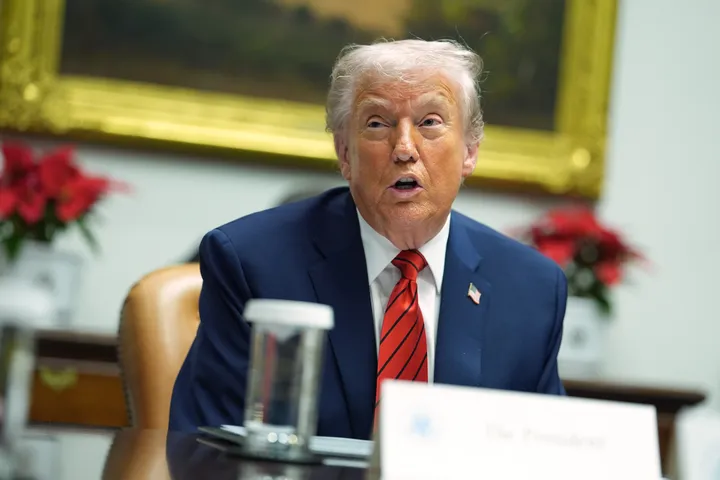China has defended its decision to delay a proposal by the United States and India at the UN Security Council to sanction a senior commander in a Pakistan-based militant group.
"We placed a hold because we need more time to study the case," a spokesperson for China's mission to the United Nations said on Thursday.
"Placing holds is provided for by the Committee guidelines, and there have been quite a number of similar holds by Committee members on listing requests," they added.
India and the United States want Abdul Rauf Azhar, commander of the Jaish-e-Mohammad (JeM) militant group, to be subjected to a global travel ban and asset freeze.
The move has to be agreed by all 15 members of a Security Council sanctions committee.
READ MORE:Is India's foreign policy making a major shift from Pakistan to China?
China's track record
When asked for further comment at a regular briefing in Beijing on Thursday, a spokesperson for China's foreign ministry defended China's track record at the sanctions committee, also known as the 1267 Committee, and asked the media not to "speculate".
"China has always participated in the work of the 1267 Committee in a constructive and responsible manner in strict accordance with the rules and procedures of the Committee, and we hope that other members will do the same," foreign ministry Wang Wenbin said.
The US Treasury designated Azhar in 2010, accusing him of urging Pakistanis to engage in militant activities and organise suicide attacks in India.
The United States respects other countries' needs to verify that a sanctions proposal meets their "domestic evidentiary threshold to justify a listing at the UN," a spokesperson for the US mission to the United Nations said on Wednesday.
"The United States values cooperation with our Security Council partners to effectively use this tool in an apolitical way to stop terrorists from exploiting the global order to do their misdeeds," the spokesperson said.
READ MORE: China 'will not renounce the use of force' to unify Taiwan with mainland
























